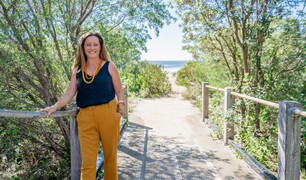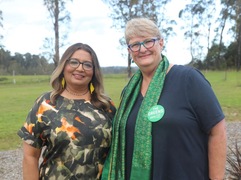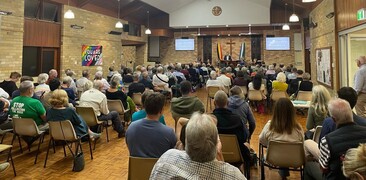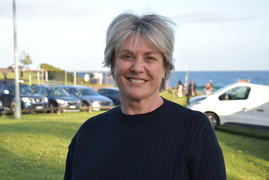Anzac Day shines a light on the darkness of war
Danielle Woolage
21 April 2025, 12:00 AM
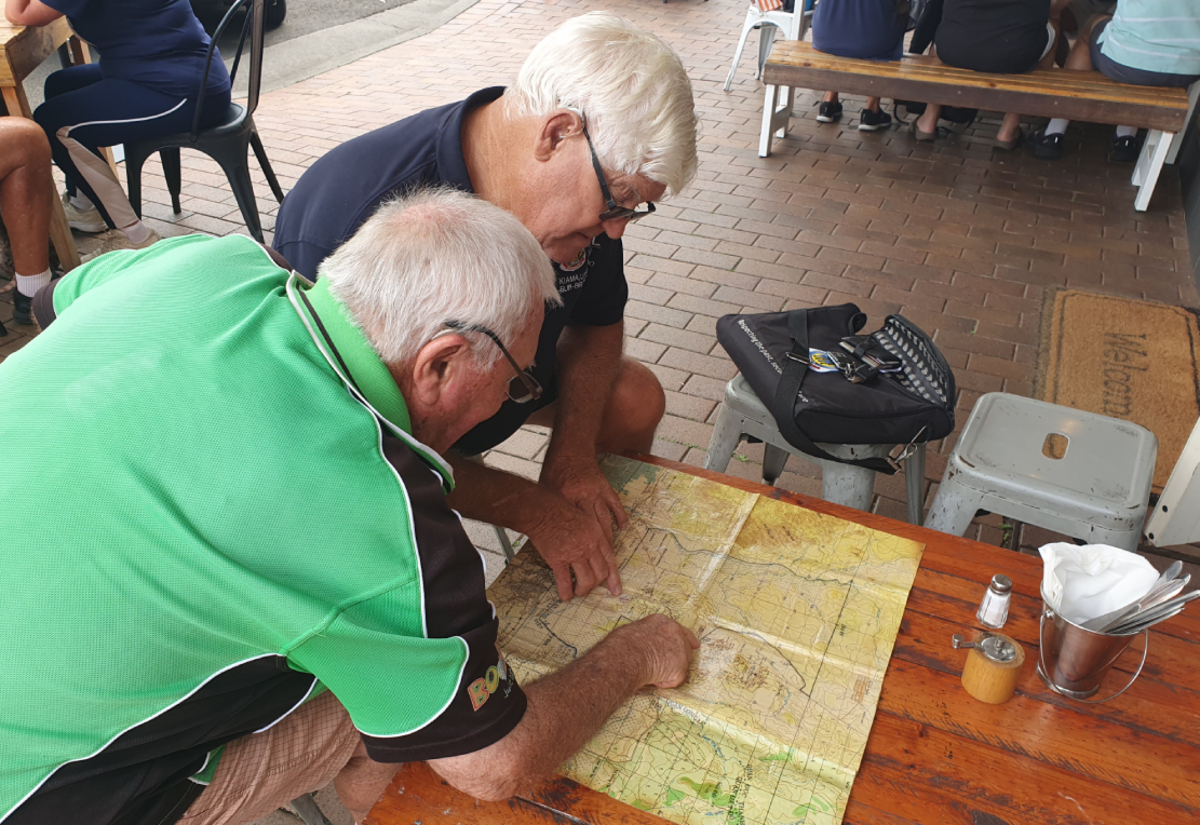 Barrie Proctor and Gary McKay. Photo: Supplied
Barrie Proctor and Gary McKay. Photo: SuppliedBarrie Proctor voluntarily signed up to serve in the Vietnam war. It was 1966 and, not long after arriving in the jungle, the then 24-year old’s battalion - the 6th Royal Army Regiment - fought in the Battle of Long Tan, one of the war’s most ferocious fights.
“I was in Alpha Company, we had a lucky tour,” recalls the Kiama Heights resident. “Only one of us was killed but 23 were wounded.”
Anzac Day is one of the most important of the year for the Regular Army rifleman, a chance to catch up with mates, remember the fallen and share stories of survival.
His first Anzac Day service was in Sydney in 1968, a year after arriving home from Vietnam.
Each year he marched with his battalion in the Sydney service until he moved to Kiama in 1982 and took part in local commemorations with fellow veterans.
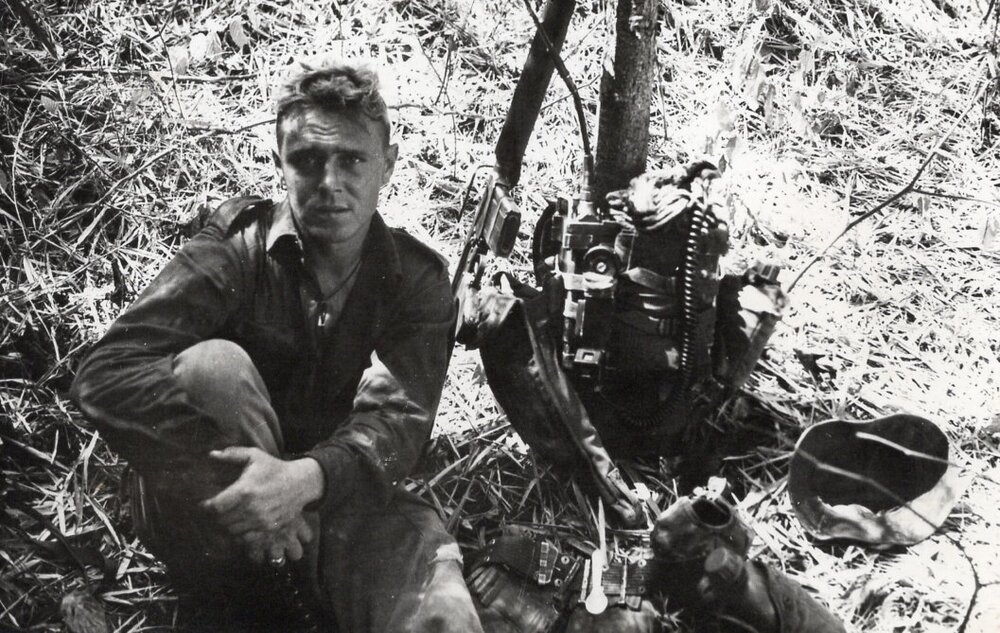
Barrie having a rest on a search and destroy patrol in Vietnam in 1967.
The years have whittled down his platoon’s numbers, but Proctor and his mates still join Anzac Day ceremonies wherever they are based.
The 84-year-old has missed only one service, last year when he was in hospital for a knee reconstruction. He will be at this year’s Kiama Dawn Service but he won’t march.
“I’m more metal than bone now, so can’t march but I will be at the arch to lay a wreath.”
Then he will have lunch and a beer at the RSL with his mates and “remember them”.
He says given his time again he would not willingly go to war.

Barrie after returning from an ambush and could not sleep.
“I’m proud I volunteered, I thought it was the right thing to do at the time, but once I was over there my views started to change,” he explains.
“It was a real eye-opener. War is cruel and the first two things to suffer are civilians and the truth.”
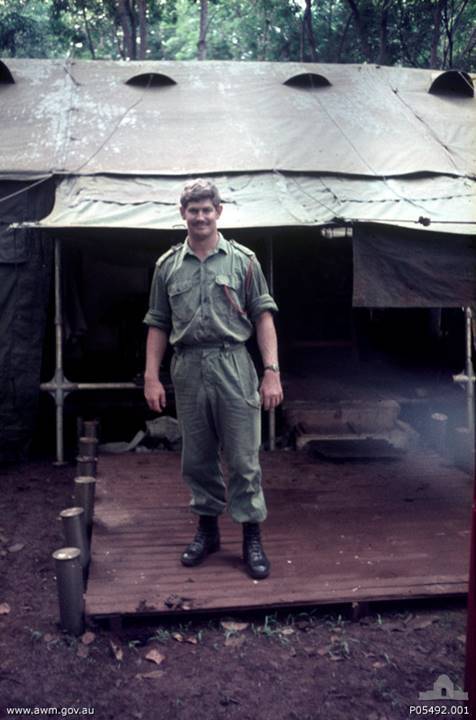
Gary McKay in Nui Dat 1971. Aged 23 yrs. Photo: Supplied
But he would never give up the mateship and bond he has with his fellow veterans.
Each year as Anzac Day draws closer he finds himself reaching out to his battalion members more frequently than usual “checking in to see if they are OK.”
Fellow soldier and Kiama local Gary McKay knows the importance of this check-in process.
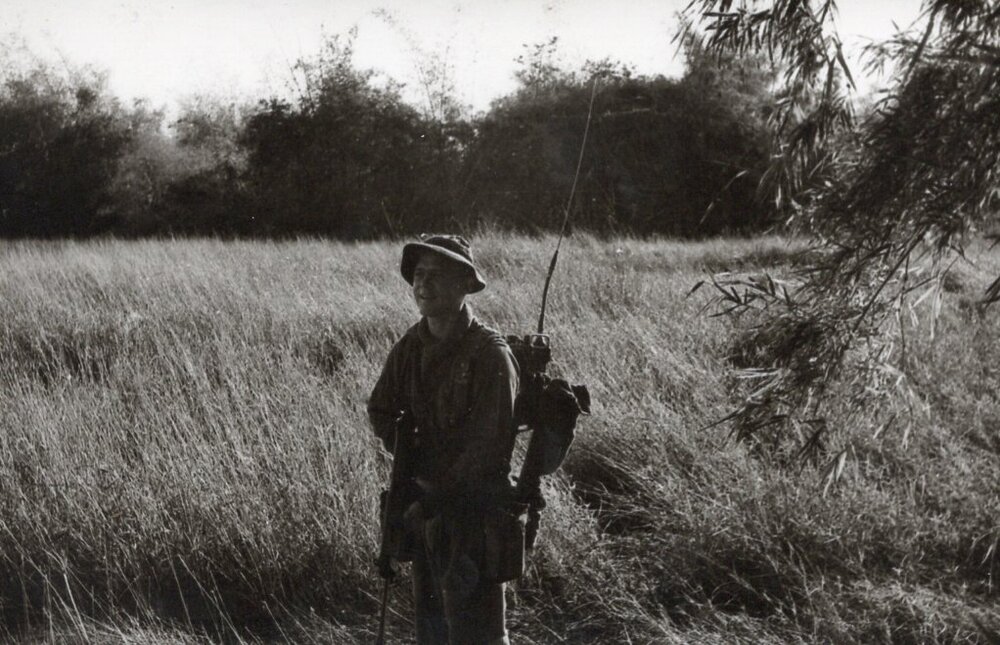
Barrie on patrol in 1967.
The former National Service platoon commander, awarded the Military Cross while serving in 4 RAR, was the first Australian soldier to write a memoir about his service in Vietnam.
Published in 1987, it was a “cathartic experience” says the president of the Kiama Jamberoo RSL.
Now 77, he has never stopped talking or writing about the experience of war, opening up the lines of communications for his comrades to do the same.
“I found talking about it, writing about it helped,” he said.
“I wanted to shine a light on the dark spaces where we ask our warriors to go.
“We ask a lot of our soldiers, putting ordinary people into extraordinary situations where it’s kill or be killed, where you can’t unsee what you’ve seen.”
His latest book, After the Blood Cools, is about post-traumatic stress disorder and addresses the “awfully high suicide rate among young veterans”.

Barrie on guard duty at platoon machine gun pit in task force.
“I want people to be aware of what happens to combat veterans,” he explained.
“There was one day, in September 1971, when our platoon all thought we were going to die but we didn’t because we fought hard together, as a unit. It creates an unbreakable bond that’s still there today.
“Just about every soldier will have a period where the Black Dog rears its ugly head. That camaraderie is what helps you get through, we can talk to each other because we’ve shared the same horrific experience."
After he wrote his first book - one of 14 about the war - he received hundreds of letters from veterans’ families thanking him for giving them a better understanding of what happened to their sons, brothers and husbands.
“It’s important to have those conversations year round not just on Anzac Day,” he said.
“That is why Anzac Day commemorations are so important, it’s a chance for us to remember our lived experience with our mates and also share those stories with the community.”
NEWS
